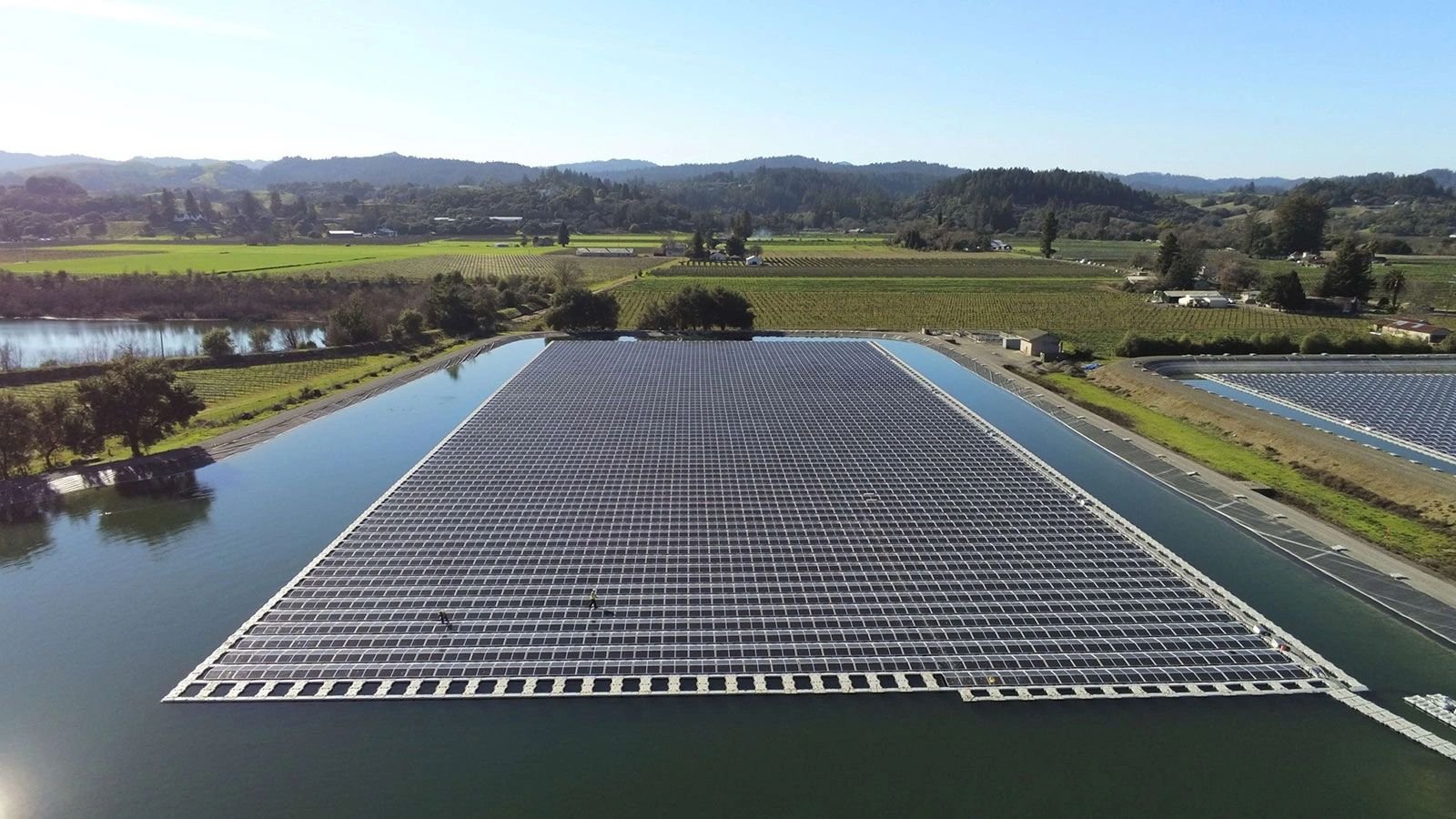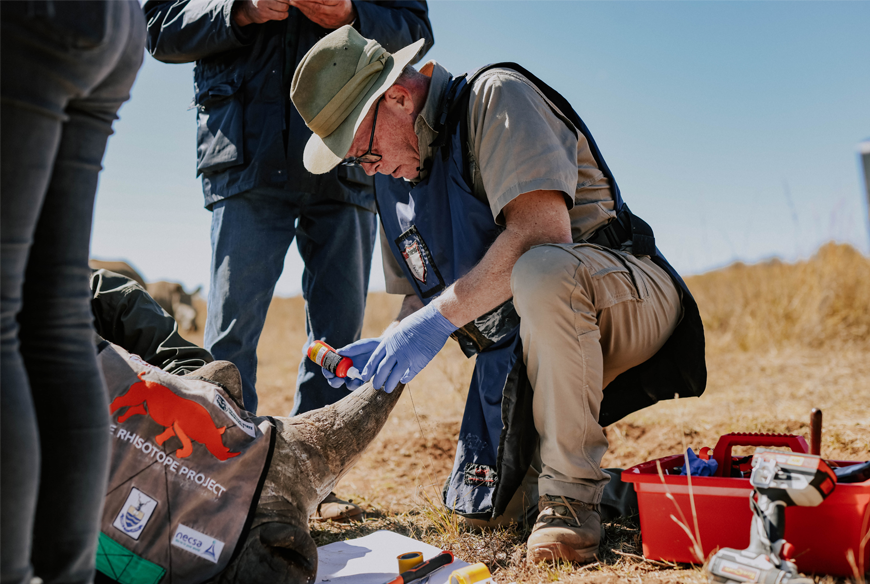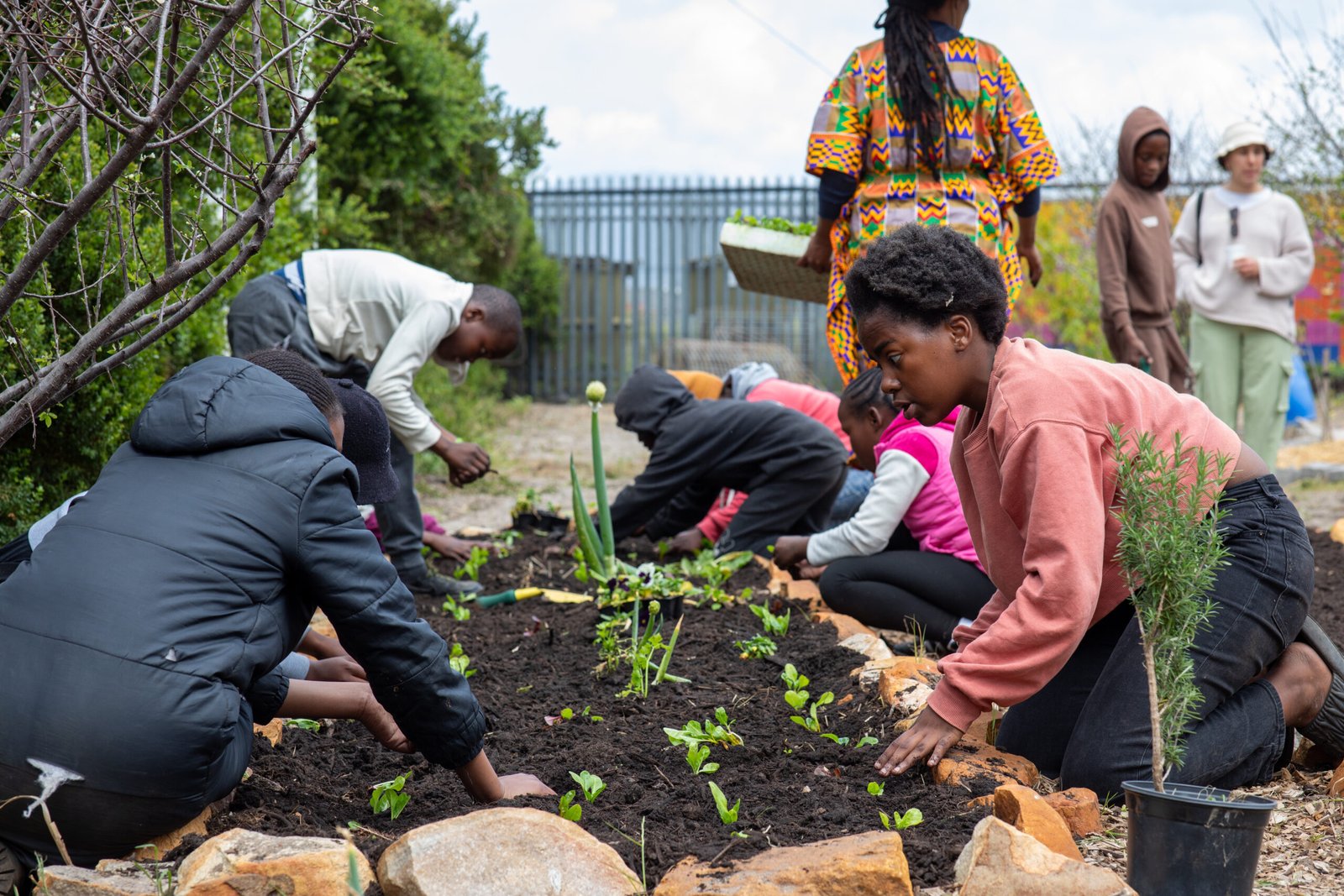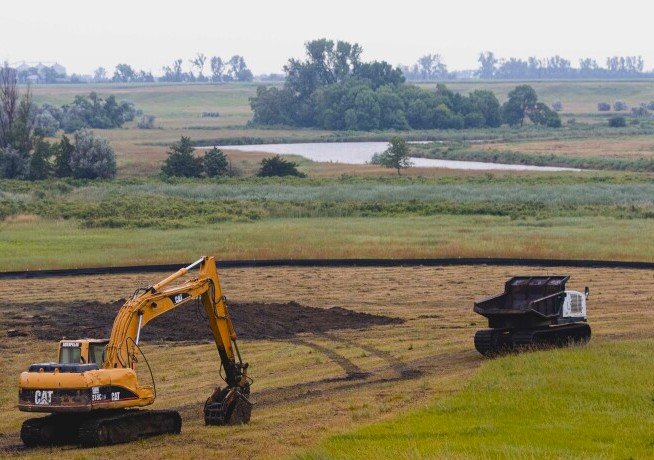In a development that is to become the largest of its type in Zimbabwe, Green Hybrid Power (Pvt) Ltd has announced plans to invest over $250 million in a pioneering 1,000 megawatt (MW) hybrid floating solar photovoltaic (PV) project at Lake Kariba.
The ambitious initiative is slated for completion within the next 18 months and aims to enhance power generation in the region.
The project will be executed in four phases and is designed to complement the ongoing Kariba floating solar project.
Green Hybrid Power’s investment comes at a time when the company, a subsidiary of the Intensive Energy User Group (IEUG), has indicated a need for over $3 billion in the next five years to improve electricity transmission from surplus to deficit regions across Zimbabwe.
Caleb Dengu, managing director of Green Hybrid Power, emphasized that the Kariba floating solar project will optimize the use of existing transmission infrastructure, boosting the dam’s power generation capacity by over 30%.
“This project will help achieve our national decarbonation targets. To augment power generation at Kariba, Green Hybrid Power (Pvt) Ltd is developing a 1 000MW hybrid floating solar PV project in four phases,” he said.
“The first phase of 250MW is to be implemented in less than 18 months and the project investment cost is estimated to be US$250 million.”
“The hydro-floating solar hybrid project at Kariba could/will integrate three clean sources of energy: hydro (already existing and operational assets), solar and battery energy storage system (BESS) (new assets to be developed).”
“The plant will use the same existing transmission assets of the hydro-power plant obviating the need for the significant investments into separate transmission lines, which will enhance project economics and attractiveness.”
Zimbabwe’s current power generation heavily relies on coal-fired stations, but Dengu noted that the hybrid project will aid the country in achieving its national decarbonization goals. “The first phase of 250MW is expected to be implemented in less than 18 months, with an estimated investment cost of $250 million,” he stated.
The hydro-floating solar hybrid project will integrate three clean energy sources: hydro, solar, and a battery energy storage system (BESS). By utilizing the existing transmission assets of the hydro-power plant, the project aims to enhance economic viability and reduce the need for extensive new infrastructure.
Dengu explained that the hybrid plant will generate electricity from solar energy during the day and from hydro-power at night, with the optional BESS providing additional reliability. The integration of energy management systems will help mitigate the intermittent nature of solar power.





